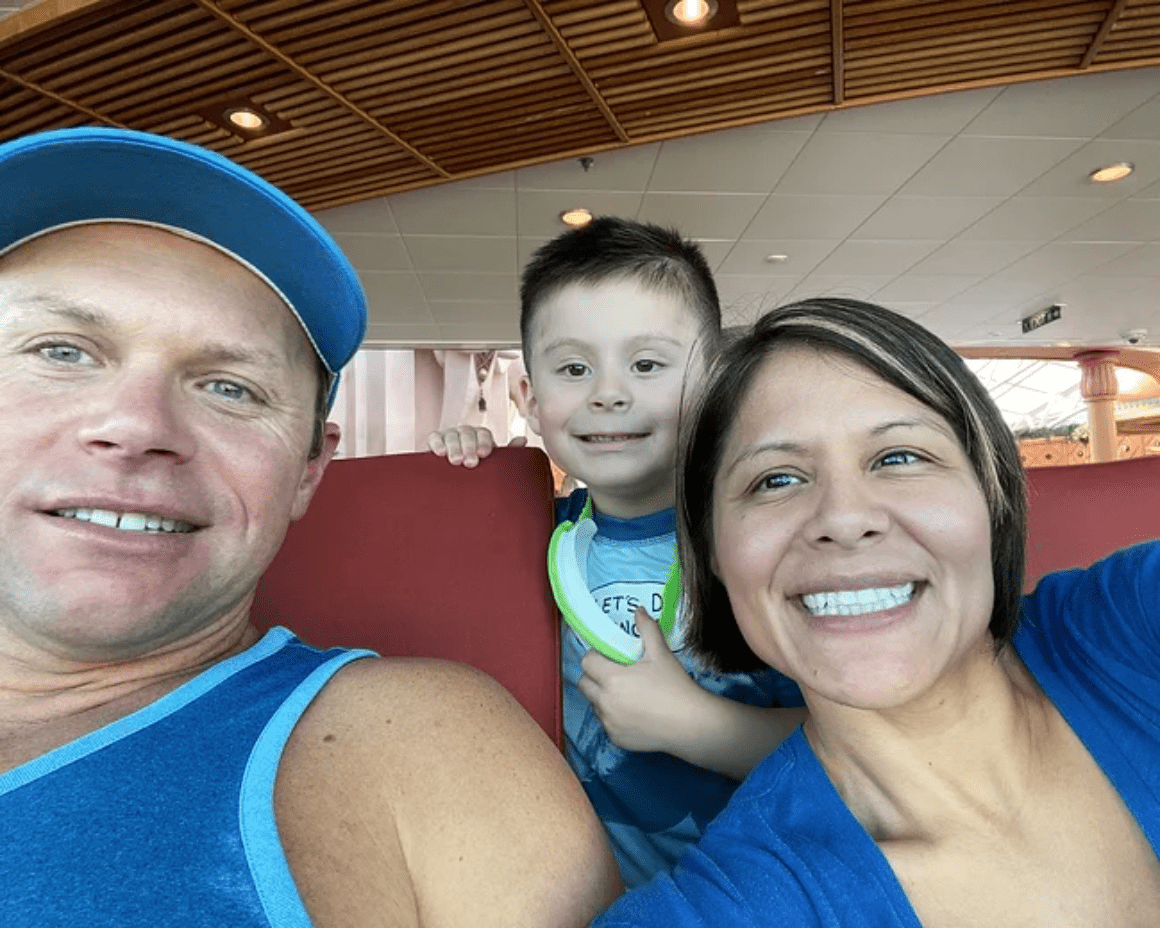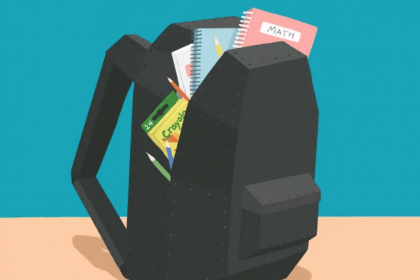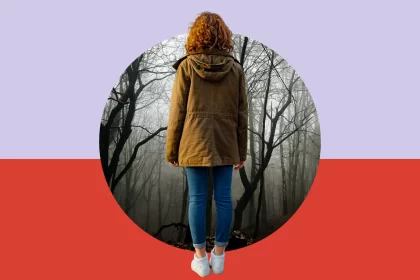When our son was an infant, he suffered a seizure and we rushed him to the emergency room. This led to an arrest, months of lost custody, and thousands of dollars in legal fees. And turns out, we aren’t the only family who went through this heartache.
By Vivianna Graham, as told to Tracy Collins Ortlieb
January 24, 2020
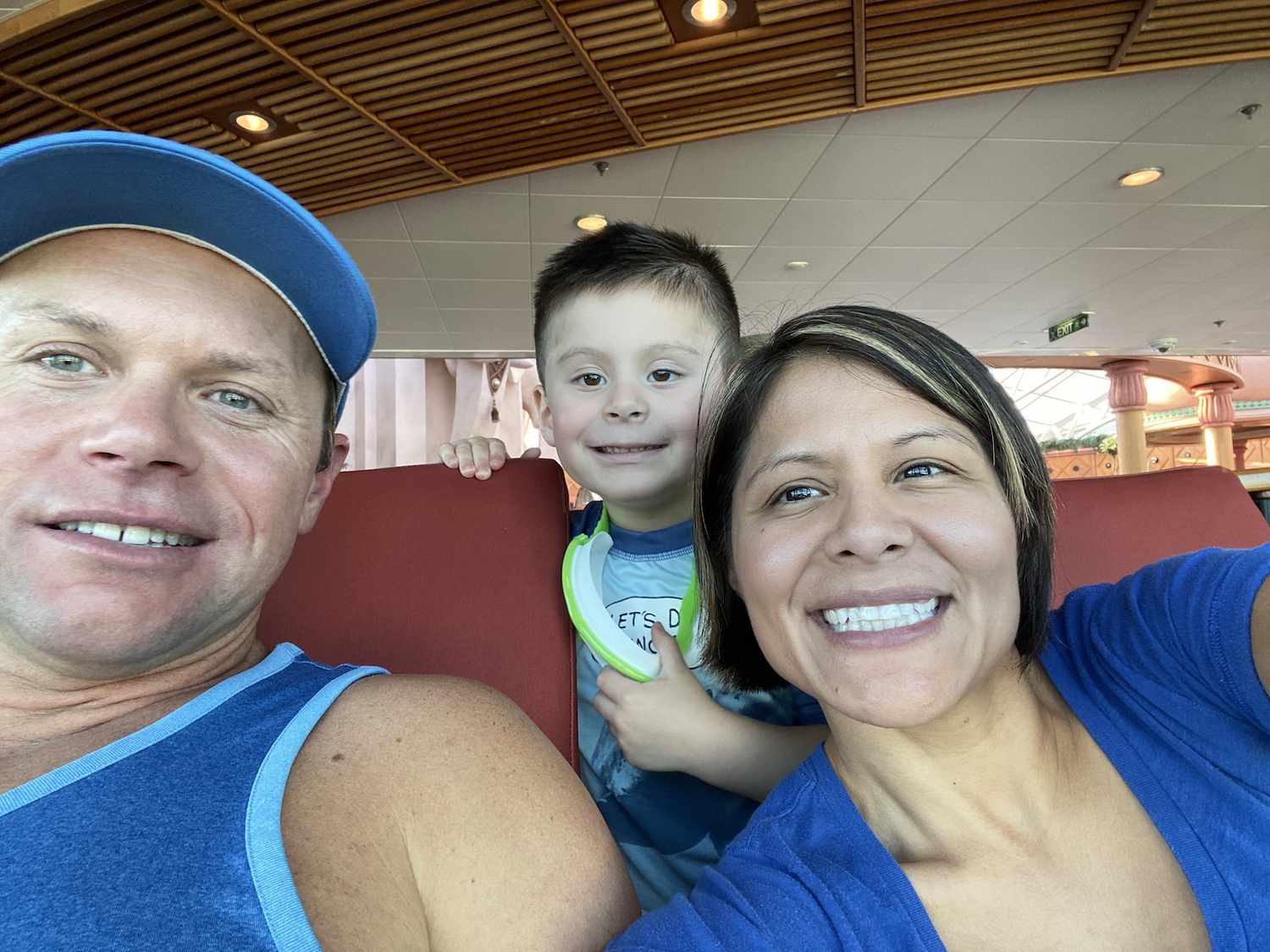
After years of grueling in vitro fertilization (IVF) treatments, my husband, Jeremy, and I were over the moon when, at last, one of my final two frozen embryos took. Our baby, Tristan, was born by C-section in June of 2015. Tristan was perfect and such a good baby—one that scarcely cried.
As new parents, we’d read all the books and kept him to a strict feeding and sleep schedule, and he quickly grew bigger and bigger. But at 4 months old, something changed. Our happy baby was suddenly crabby, often screaming, and clearly unhappy. We thought maybe he was teething and spent the day cycling him on ibuprofen and acetaminophen. We took a cute 4 months photo and I nursed him into his nap.
I had just started laundry when I heard Jeremy scream, “Tristan is having a seizure. Call 911!”
- RELATED: Should a Mom Be Arrested for This?
Our Son’s Medical Crisis
In my husband’s arms, my infant was seizing violently. I thought that I was going crazy, that this couldn’t possibly be happening. But by the time the ambulance arrived minutes later, Tristan was actually alert and crying, as though it hadn’t happened at all. Still, when the paramedics suggested he was stable, I insisted he be taken to the ER.
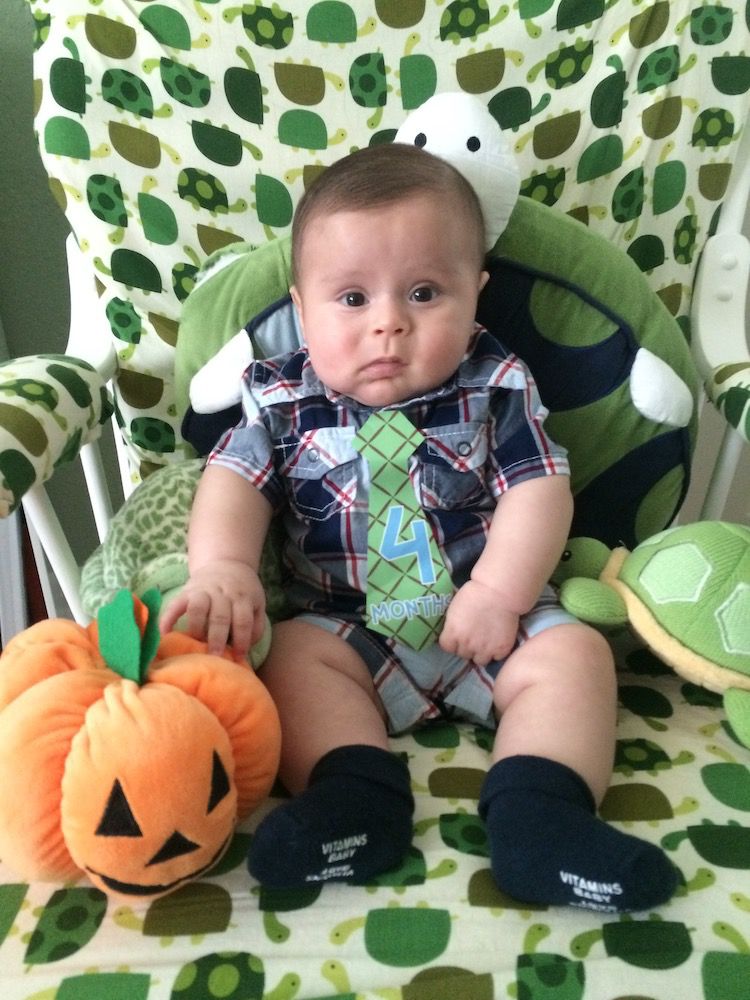
Tristan during his four-month photo. “He was sad and it was hard for us to get him to smile that day. That’s the day he had his seizures,” says mom Vivianna Graham. COURTESY OF VIVIANNA GRAHAM
At Johns Hopkins All Children’s Hospital in St. Petersburg, Florida, doctors took a CAT scan: Tristan had suffered two brain bleeds, one fresh and one older. At this news, I was crying, certain that my son was going to die. When the staff noted, per hospital protocol, all children under age 2 with brain injuries were referred to social services, I thought nothing of it. Tristan was stable, didn’t require further medical intervention, and we had already told our story to multiple hospital personnel.
Even the next day, when he was brought back for a full-body X-ray and full optometric exam, I didn’t question why; I just wanted to get to the bottom of his seizures. Later, we waited to be discharged, and waited for a representative from social services pediatrics to have a last look at our son. As far as we knew, this was just protocol.
My Husband Was Accused of Abuse
It wasn’t until we were being discharged that a woman from the Florida Child Protective Investigations (CPI) unit told us, “Just to let you know, our doctor is saying these wounds are inflicted.” I quickly realized this was far more serious than we had imagined. We were unfailingly cooperative, allowing CPI to walk through our home and take photographs, answering every question at length and repeatedly. Ultimately, we were left with a “safety plan” to follow strictly—and Jeremy was forbidden from being in the house with Tristan.
Everything happened so quickly after that. My husband had been devastated at being considered at fault for our son’s injuries, but worse than that, he was soon in law enforcement crosshairs: Told by our attorney a warrant had been issued for his arrest, Jeremy turned himself into our local police department. As he was being bailed out the next day, Jeremy’s face was plastered across the Tampa Bay evening news. The headline: “Firefighter paramedic arrested for aggravated child abuse.”
- RELATED: What Is Child Abuse?
Forbidden from being near Tristan, Jeremy was forced to leave our home and move in with a friend. After much bureaucratic wrangling, my sister was given temporary custody of Tristan—a blessing given that our 4-month-old might have ended up in foster care. But I soon learned my sister and mother both believed Jeremy may have been to blame and had been cooperating with police. I had been at home during the seizure and knew my husband’s innocence beyond a doubt. But now paranoid about my own family, I requested a placement change for Tristan; at my request, he was moved 45 minutes away to my aunt’s home, where I also relocated.
It was a grueling time. Jeremy had moved back into our home, but we were forbidden from being together as a family. We were following the state’s case plan, but were told the process could be lengthy and its outcome uncertain. And in the meantime, my husband was falling apart: Losing weight, deeply depressed, afraid of going to the grocery store or the gym, and terrified of losing his family. Though he’d been put on administrative duties following the arrest, getting up and going to work every day was all that got him through that period.
A Turning Point in Our Case
I was close to collapse when, during one court-mandated home study, the investigator inquired who from CPI had determined my son’s injuries had been inflicted. I told him the name of the woman who’d given Tristan a 10-minute exam and called him an abuse victim: Sally Smith, M.D. Instantly recognizing the name of the head of Pinellas County, Florida’s child protective team, he urged me to get second opinions, gather our paperwork, and contest her findings.
Soon, we had appointments scheduled with multiple neurologists outside the Tampa Bay area. Their findings: That in extraordinarily large-headed babies, like Tristan, the brain takes time in catching up to skull growth, and veins frequently rupture and re-rupture. A second finding: Even after Tristan had been removed from our custody, the brain bleeds were continuing to occur—proof that not only was Jeremy not at fault, but that Tristan’s was a common and ongoing neurological condition.
We forwarded the new reports to the state and Dr. Smith’s team; all criminal charges were dropped. We were overjoyed, and in family court, the judge told us, “You’ve all been through a lot. It’s time to go home as a family.”
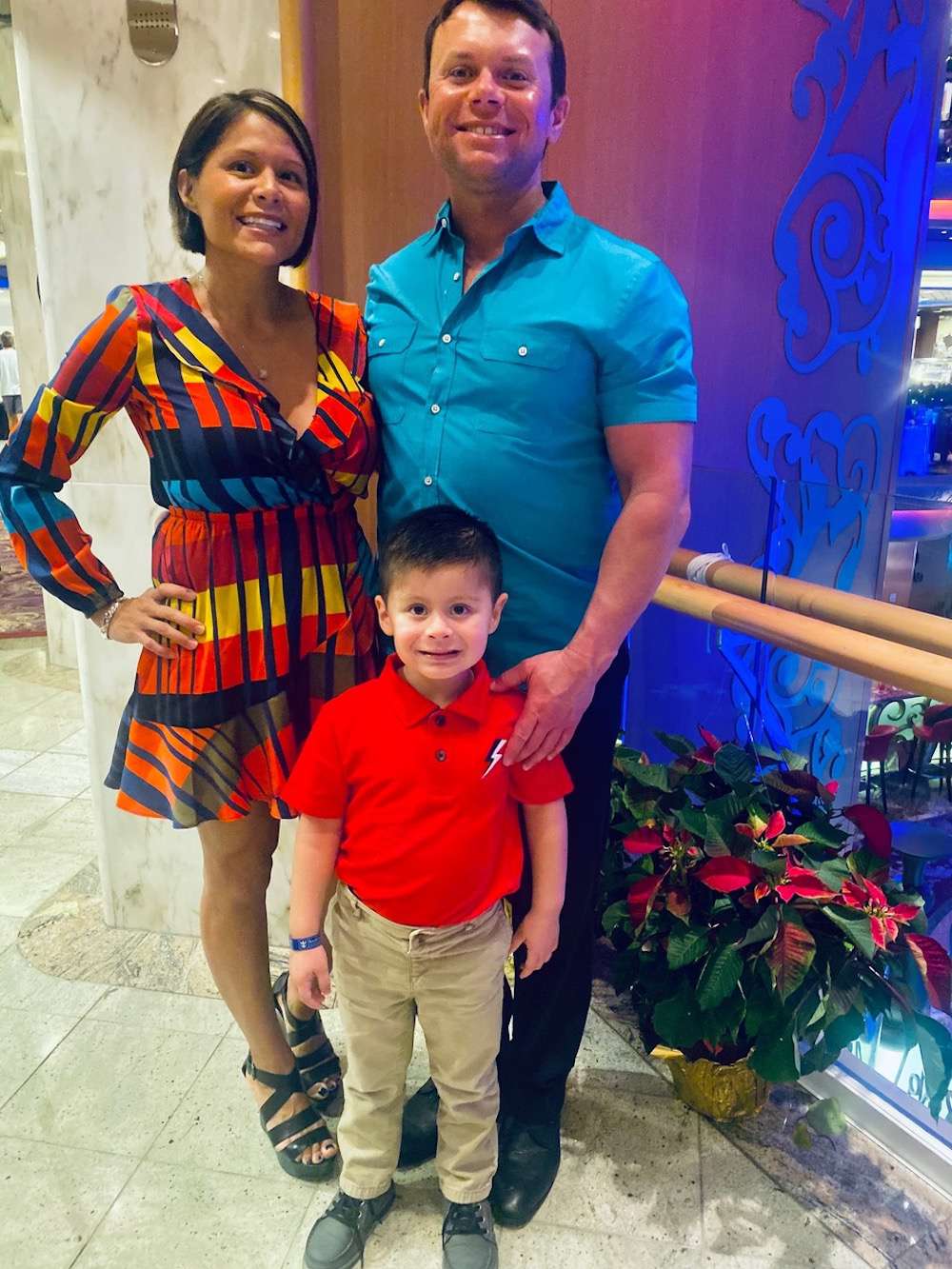
Vivianna Graham and her family. COURTESY OF VIVIANNA GRAHAM
We Aren’t the Only Family Affected
Soon, we fell back into that rhythm, returned to work, and life began to return to normal. But quickly, I started getting messages from other families facing similar diagnoses from Dr. Smith and asking for help. I quickly put together a website on our experience and on false diagnoses of “shaken baby syndrome,” specifically as diagnosed by Dr. Smith. But in December 2019, when a Houston Chronicle series was published detailing hundreds of such stories—including our own—I realized what a truly unseen epidemic this is.
Our experience was devastating. We were publicly humiliated, lost custody of our infant son for eight excruciating months, and a deep wedge was driven through my own family. We were also lucky: Many of our second specialists’ opinions were offered pro bono, we had the resources to mount a legal defense, and our marriage emerged stronger than ever. But so many families facing these false and devastating charges lack both pro bono assistance and financial support, or go bankrupt or divorce in the process. It’s my mission now to do all I can to help others in the same predicament.
As for Dr. Smith, I’ve sent her a holiday card every year since our ordeal—and will until Tristan turns 18—with our family photo, and the message, “This is what you failed to destroy.” Last year, to my surprise, she responded, saying that she’s “sorry (I’m) still so angry” and that she knows we feel very strongly our son wasn’t abused. It was hardly an apology.
Editor’s Note: Contacted by Parents.com for comment, Dr. Sally Smith said Florida medical confidentiality laws bind her from disclosing specific evidence supporting her findings. She notes the burden of proof for dependency cases differs from what prosecutors can effectively pursue in criminal court because even in cases where there is no question a child was abused, it can be difficult to prove beyond doubt who was responsible. She adds, “I don’t set out each day to tear families apart. I’ve worked at this for 30 years, being careful in evaluating cases and contribute to helping to protect children. And I’ve had many cases over the years where I’ve concluded there wasn’t evidence of child abuse to be found.”
Published at Parents.com

